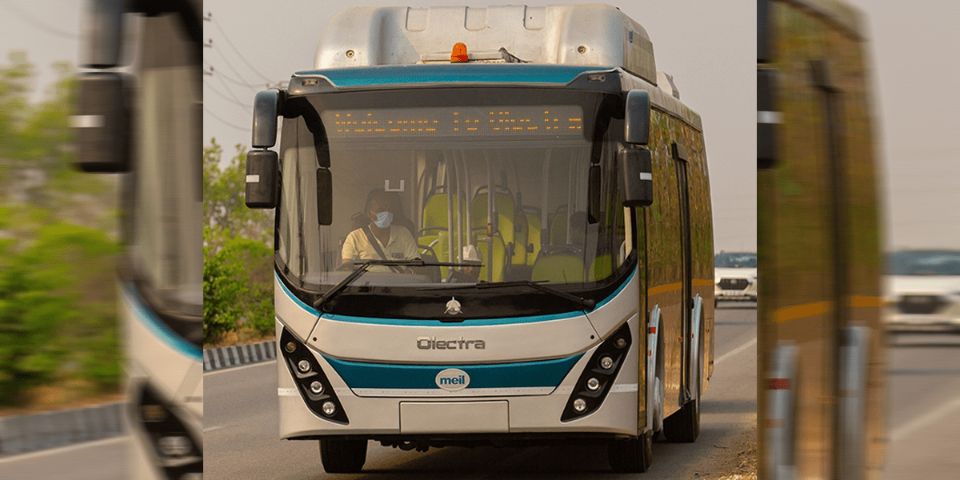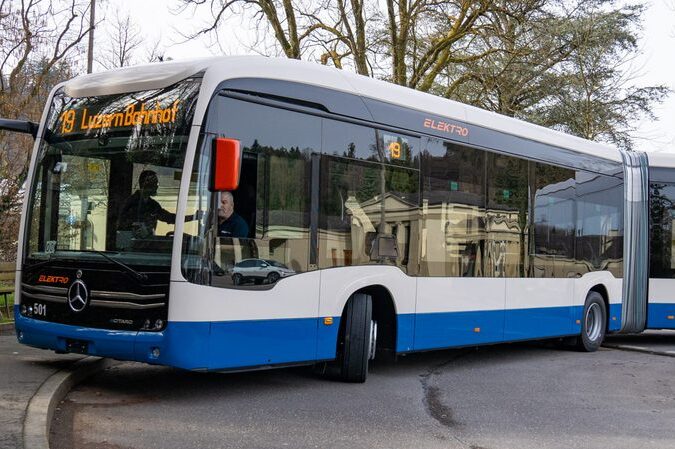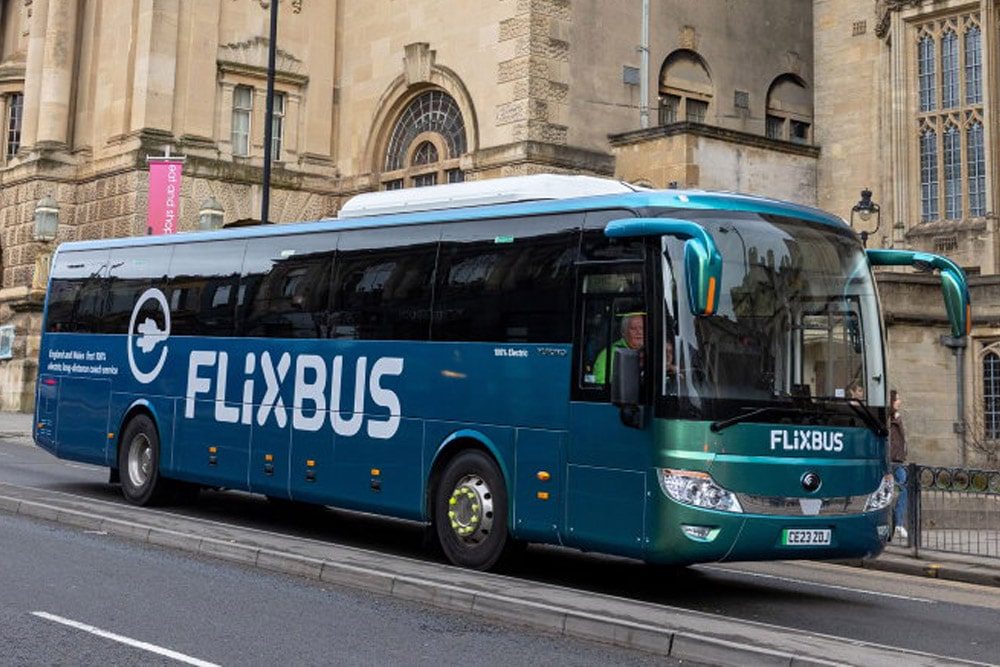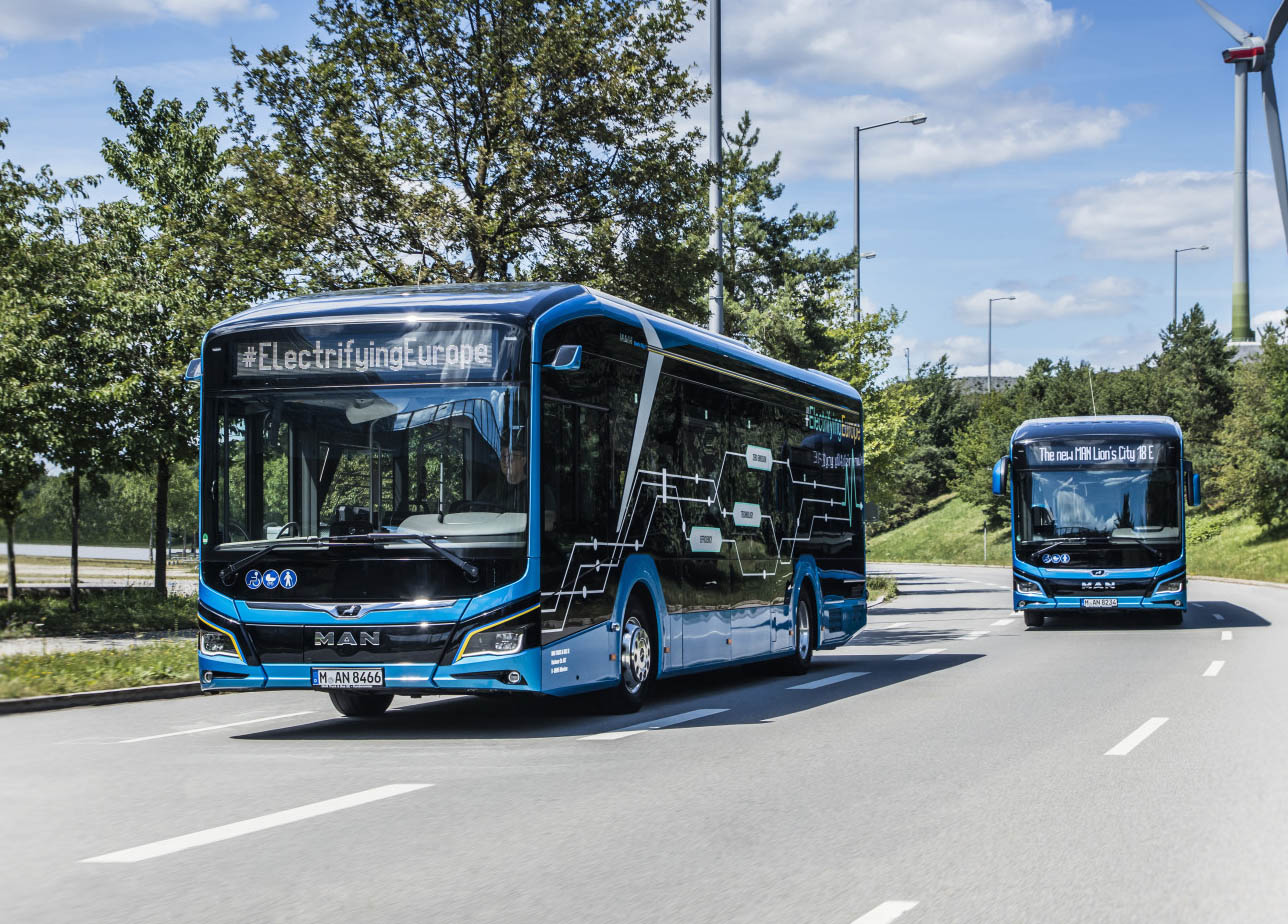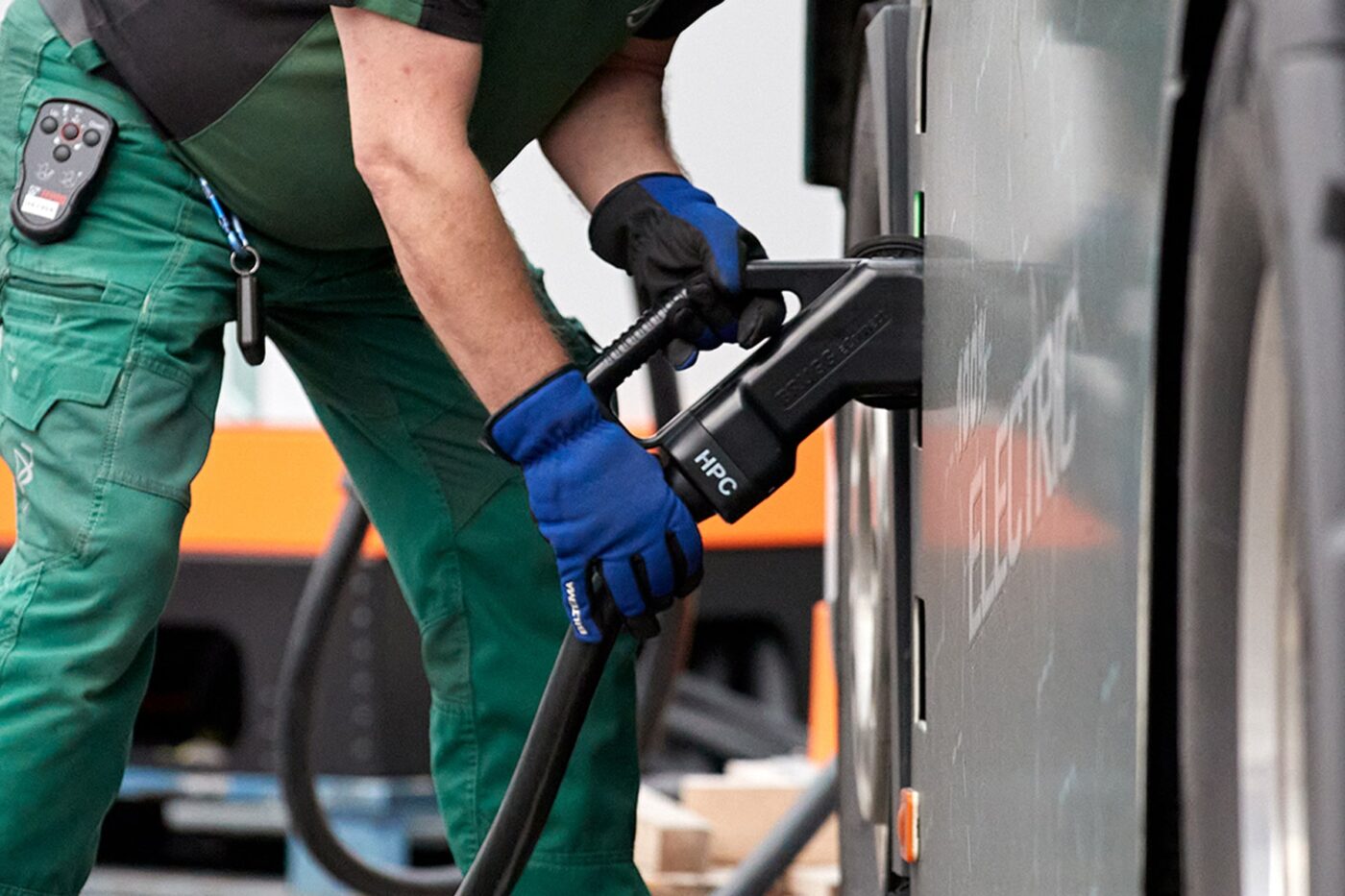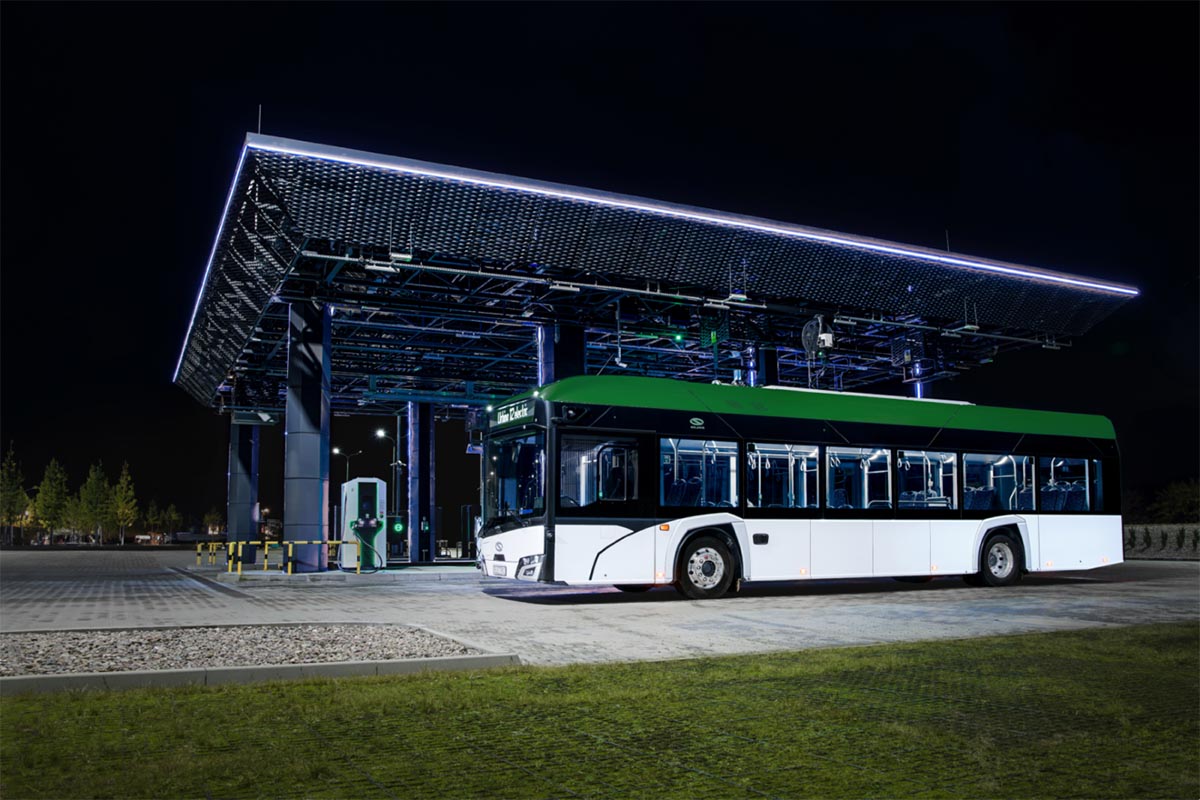New Jersey has unveiled a $45 million, three-year pilot program aimed at deploying electric school buses in 18 school districts, offering additional incentives for buses with the capability to power schools.
The state’s Department of Environmental Protection (DEP) initiated the grant application program this month and conducted three recent webinars to guide participants through the application process. Notably, the February 14th webinar highlighted the advantages of bi-directional, vehicle-to-building (V2B) technology.
V2B technology gained prominence during the 2021 Texas ice storms, where electric vehicles and some hybrids provided power to homes, serving as lifelines for those reliant on continuous electricity. New Jersey aims to leverage similar technology in participating school districts, enabling them to utilize energy stored in electric school bus batteries to power school buildings during power outages or peak demand periods, ensuring uninterrupted services and potential cost savings.
According to Gilbert Botham, a senior economic advisor for the DEP, leveraging the electric bus batteries to meet power needs could reduce electricity bills from utilities due to decreased grid demand. After dropping off students, if the electric bus retains 30% charge, districts can utilize this remaining charge to offset electricity costs before recharging overnight at lower rates.
Under New Jersey’s program, school districts can seek financial assistance to lease or purchase between two and 24 new electric school buses. Hugh Morley, writing for NetZero Insider, outlined the grant program, indicating that applicants could receive $270,000 for a bus purchase and Level 2 charging station installation, or $290,000 for a bus and direct current fast charger (DCFC). Additionally, districts in overburdened communities could qualify for an extra $30,000 subsidy. The incentive increases to $320,000 for a bus purchase and a bidirectional charging system capable of supplying electricity to the school building.


